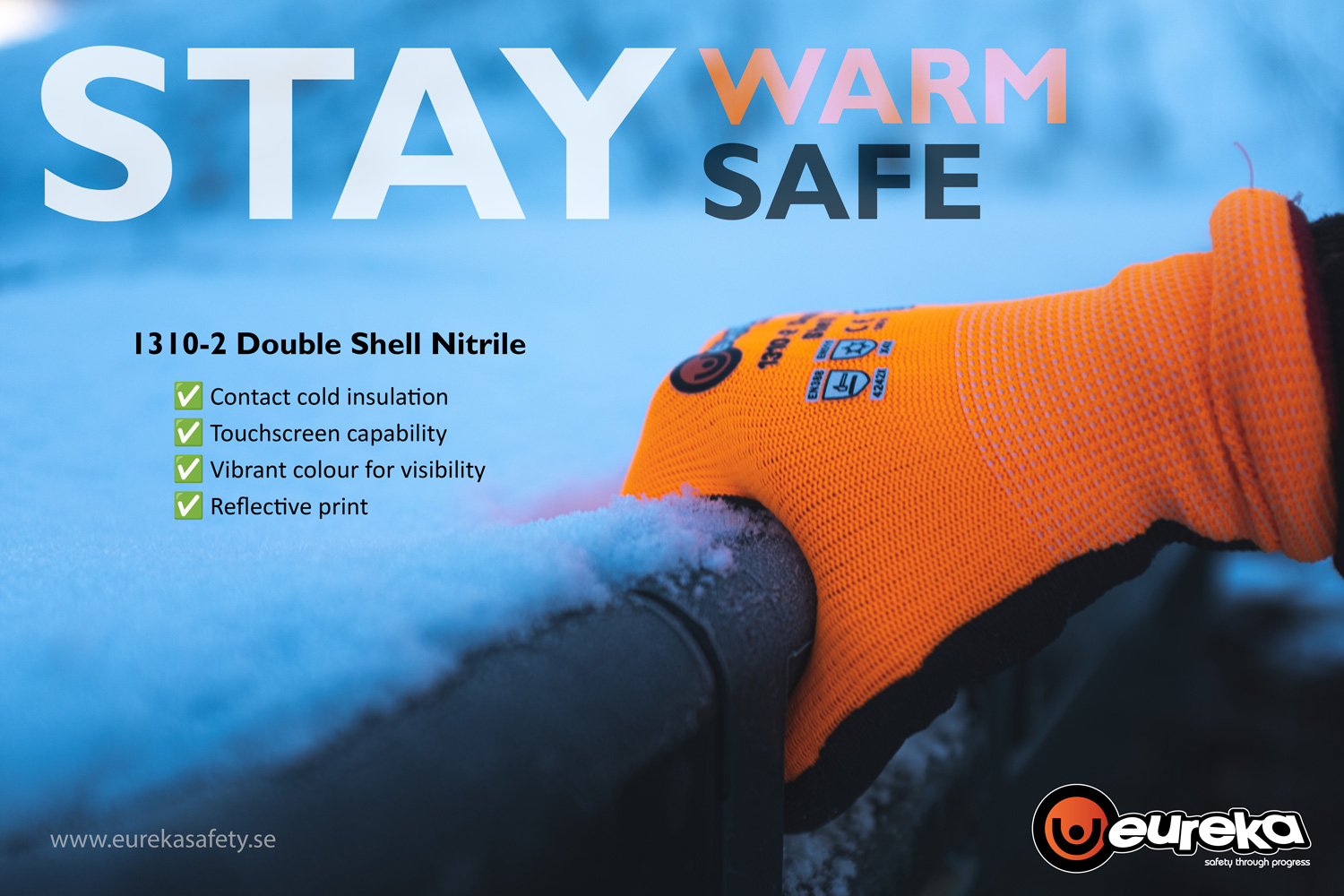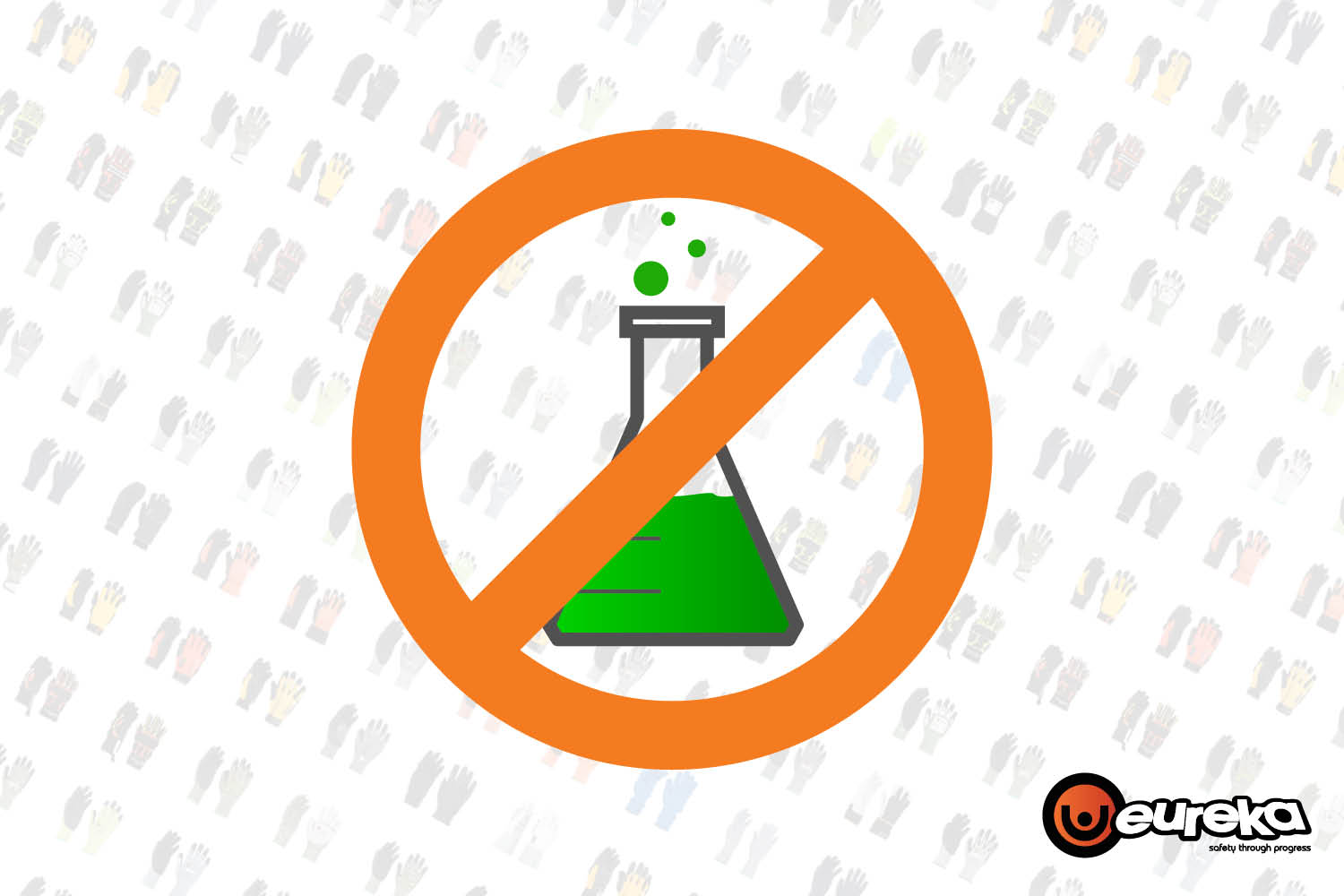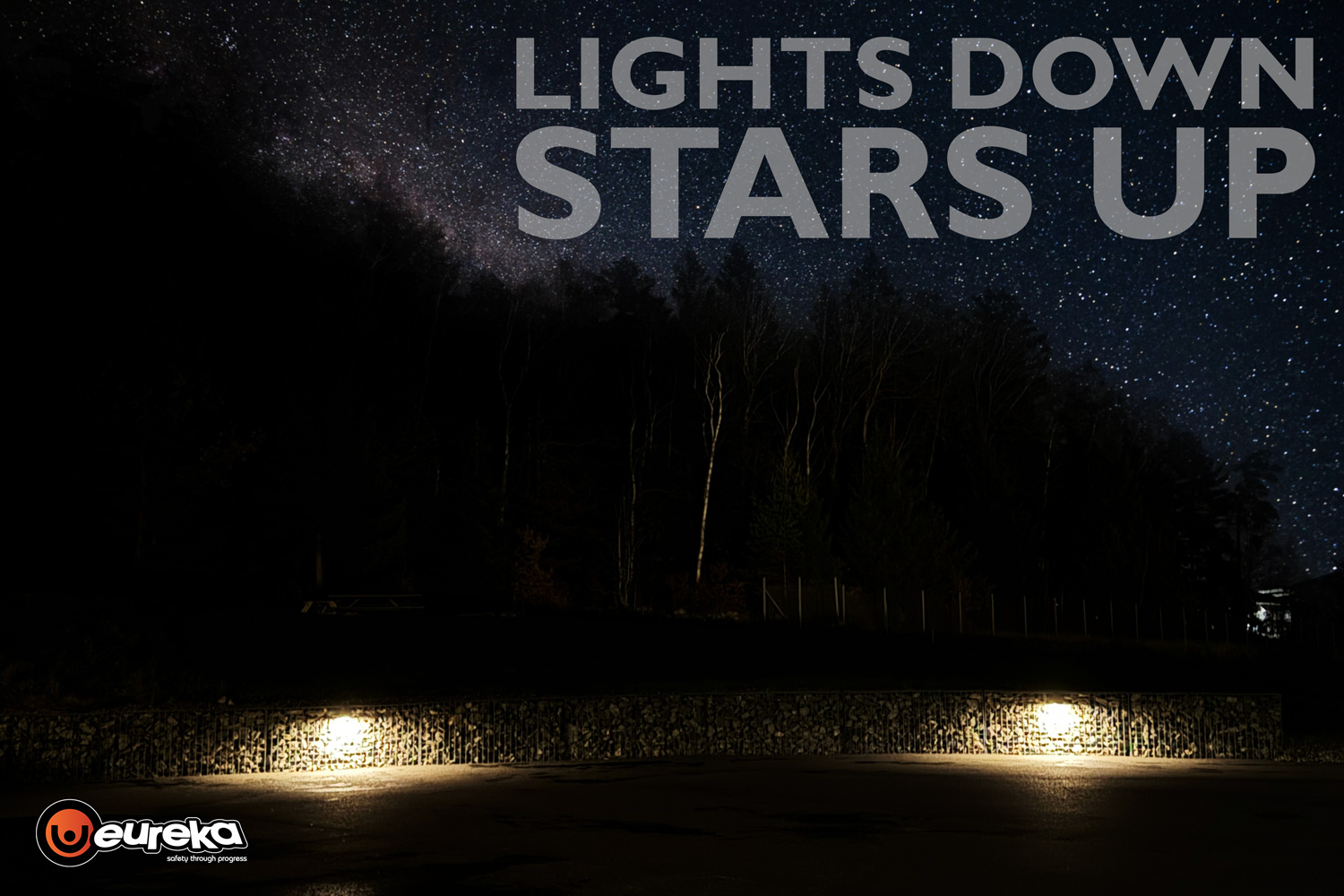Stay Warm, Stay Safe!
Stay Warm, Stay Safe with the Eureka 1310-2 Double Shell Nitrile
As winter arrives, ensure your hands are protected with our top-selling Eureka 1310-2DSN glove. Engineered for exceptional cold resistance, it achieves an EN511 contact cold insulation rating of Level 4, providing superior insulation in harsh conditions while maintaing high finger dexterity. Along with its EN388 Cut Level B protection, the 1310-2DSN is touchscreen compatible, allowing you to operate touchscreen devices without exposing your hands to the environment. Its vibrant orange colour and reflective print enhance visibility, improving safety in low-light environments.
Whether you’re working outdoors or engaging in winter activities, the Eureka 1310-2DSN glove delivers the perfect balance of warmth, protection, and functionality.
Check out our full Winter assortment here!



